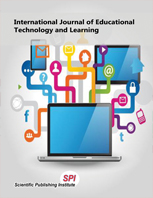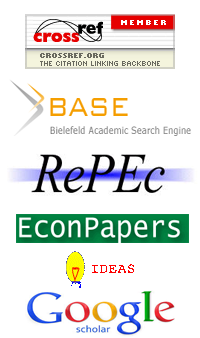Transforming K-12 education: A systematic review of AI integration
DOI:
https://doi.org/10.55217/101.v17i2.847Keywords:
AI integration, K-12 education, Parent roles, Teacher’s professional development.Abstract
The application of Artificial Intelligence (AI) has developed in different sectors including teaching and learning where students and teachers can learn AI and augment it in K-12 education settings. The objective of this systematic review is to provide a wide perspective and the understanding the use of the AI for students and teachers in K-12 education setting, by analysing AI technology applications, implementation methods, and its impact. The systematic review searched the databases, and the PRISMA flowchart was applied to search and screen the studies. Articles were screened at the title, abstract and full-text level then coded and analysed. Major findings indicates that AI powered chatbots improve learning outcomes and emphasize the collaboration among teachers, parents, and students to work together for AI integration. This paper also recommends leveraging AI tools like the Interactive Mobile Application for Nurturing (IMAN) Vocab and Intervention in classroom to improve academic performance and critical thinking skills. Despite the advancements, still there are some challenges to overcome such as digital divide, ethical considerations and professional development foe teachers. The study evaluates these challenges alongside advantages such as personalized learning to provide teachers, policymakers, and researchers with transformative pathways. We concludes that AI complements education methods and underscore the need for strategic cooperation and ongoing research efforts to maximize AI benefits while addressing its limitations effectively.


